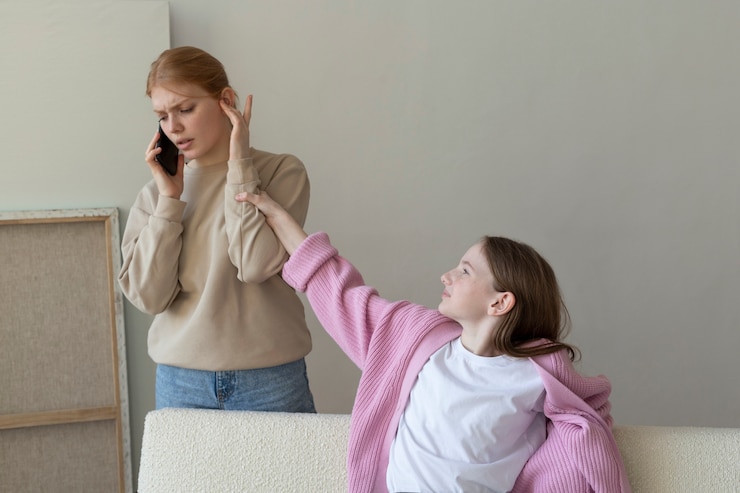
Inside: Discover expert advice on positive parenting techniques that promote emotional health and well-being in children.
**Table of Contents**
Parenting can feel as complex as trying to solve a Rubik’s cube with countless facets. It appears straightforward at first but becomes overwhelming when you dive in. Instead of piecing together colorful blocks, parents juggle their own upbringing, societal expectations, and the endless stream of parenting advice available today. On top of that, each child has their own unique needs and challenges. No surprise, then, that we often wonder at the end of the day if we’re truly equipping our children with the skills they need for the future.
To help you navigate this never-ending puzzle of parenting, here are five proven positive parenting strategies that not only foster emotional health but also encourage better behavior in kids. These approaches are recommended by leading experts in positive parenting and behavioral science.
At our core, we all crave connection. From the moment we’re born, meaningful relationships are essential. While parenting advice often focuses on techniques to elicit compliance, research emphasizes that a strong connection with your child is the most powerful influence you have. Author Rebecca Eanes explains, “Children desire to please parents they feel bonded to. They’re more willing to listen, cooperate, and take advice from a parent who is warm and loving.”
Developmental psychologist Dr. Gordon Neufeld underscores this by saying, “When a child feels right with a parent, they become receptive to parenting, and the parents find empowerment in their role. The essence of good parenting comes from who we are to our children, not just what we do.”
Most parents aim to be responsive rather than reactive. To achieve this, it’s crucial to understand not only your child’s emotions but your own as well. If you’re tired and frustrated after a rough night, responding effectively to a preschooler’s tantrum is tough. By becoming self-aware, parents can interact consciously, preventing personal emotional needs from overshadowing interactions with their kids. Dr. Shefali Tsabary, a leader in the conscious parenting movement, explains, “Awareness of your behavior, energy, and presence helps you notice discrepancies in your interactions.”
Tuning into your own emotions enables healthier family dynamics and fosters positive parenting. It’s all about understanding the deeper messages behind your child’s behavior. Ariadne Brill of Positive Parenting Connection illustrates this, “Misbehavior often signals a need for guidance rather than discipline. Children acting out need someone they trust to help them find a better path.”
Neuroscience shows that actions stem from thoughts and feelings. So, behavior is an extension of what’s happening inside a child’s mind. By acknowledging these underlying needs, we not only address the core issue but also avoid unnecessary criticism that could impact mental health over time.
Listening might sound simple, but its power in positive parenting is immense. Being truly heard is a significant relief for both children and adults. When you take the time to listen, you show your child you care, affirm their importance, and respect their voice. Dr. Laura Markham from Ahaparenting.com advises, “Empathize so your child knows you understand, but silently reassure them that challenges are temporary and life will improve.”
Remember, your child is a unique individual with distinct gifts, challenges, and passions. As parents, it’s our privilege to help them discover who they truly are. Parenting requires adapting to each developmental stage and learning style. Parent coach Nicole Schwarz reminds us, “You can’t stick to one parenting approach throughout your child’s life. As they grow, your parenting must evolve.”
Investing effort into understanding and connecting with your child, coupled with self-awareness, earns you the title of a ‘parenting speed-cuber’—someone adept at solving the complex puzzle of parenting. In doing so, you’re setting your child up with vital life skills and a foundation for healthy relationships.
Join 30,000 intentional parents who receive the Parents with Confidence weekly email, and get a 5-day FREE email course. Learn:
– How to protect your child’s self-esteem
– Effective ways to gain your child’s cooperation
– The most valuable future skill for children
– How to discipline without emotional harm
**Angela Pruess, LMFT**, is a Child and Family Therapist focused on supporting parents of children with behavioral challenges. When she’s not helping parents or working with kids in her practice, she’s learning alongside her own three children. Connect with the Parents with Confidence community on Facebook, and get your FREE guide “Become A More Confident Parent in Five Minutes” [here](#).



